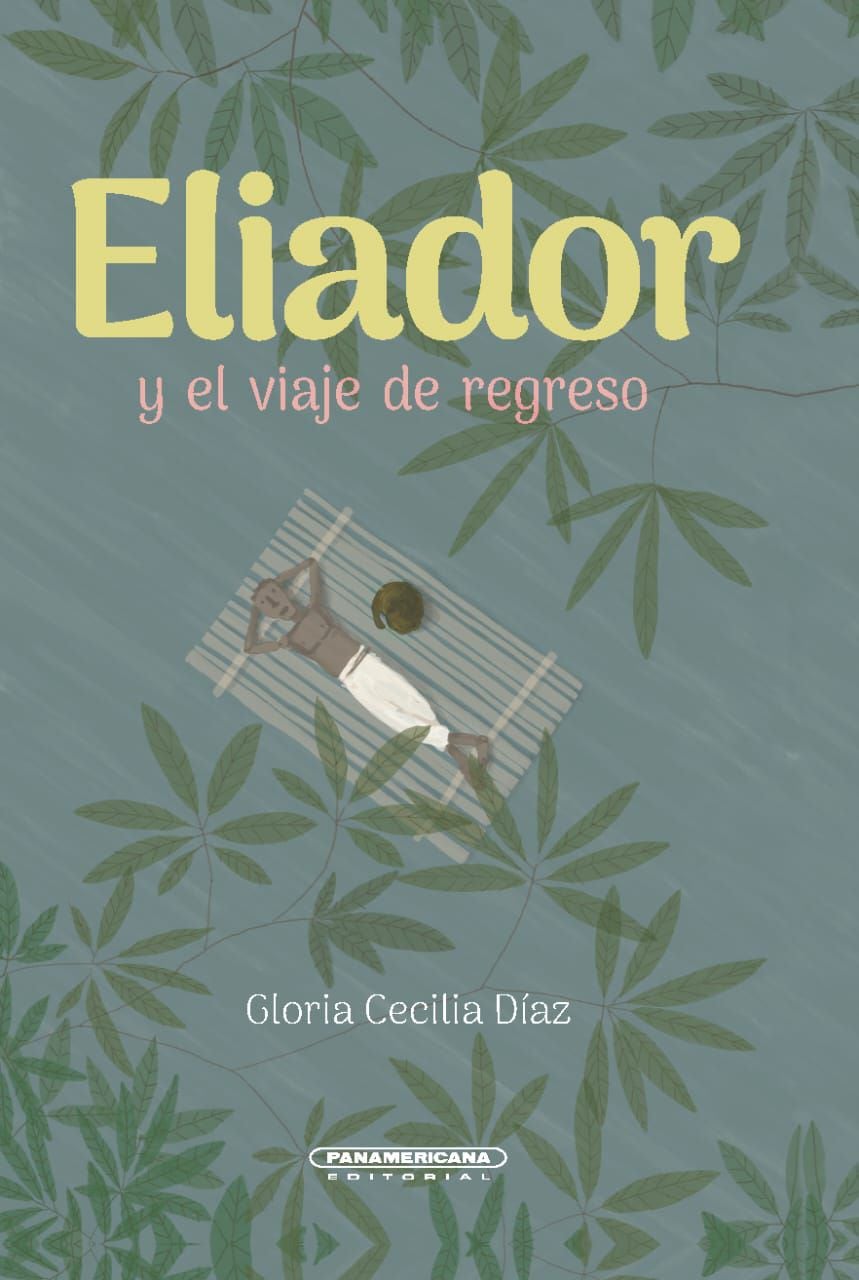
Eliador and the return journey tells the last thing that its protagonist, Mateo, who is an old cat and wants to embark on a journey through his friend the millennial river, who has witnessed the history and stories that have happened from the day of his birth to the present day.
Gloria Cecilia Díaz, who also works as a teacher, is the author of this children's novel, which talks about the naturalness of death and how, in the West, we run away from it and do not assume it with a common act in our lives. In addition, it invites children to see it as something not to be afraid of.
In an interview with Infobae, Gloria Cecilia Díaz talked about why it is important for children to know about death, how Mexican culture is constantly related to it, how necessary and indispensable literature is in childhood, among other things

Infobae: Why in the West do we see death as a taboo and are not told about it to children?
Gloria Cecilia Díaz (GCD): In countries like ours, death is seen as something external and alien to us, even though we know that at any moment a relative or close person can die, besides, there is a fear and that fear is towards the unknown; and this has to do with culture and also religion. For example, ancestral cultures have a different view of death and that invites a dialogue about it with all the people in the community, from the youngest to the oldest.
Keep in mind that children ask and at some point they will ask about death. It is not because it is minor that you have to lie to them, you have to talk to them things as they are because they are going to face reality at some point. A child may have a grandfather or pet die and, of course, that is quite a tragedy, but he too has the right to live that grief and understand that it is a process.
Infobae: Throughout your book we don't find the concept of memory, what do you think is its role in building a society that is totally influenced and almost driven by immediacy and the ephemeral?
GCD: Memory is saving. Memory is the pillar, the root of a culture, since we are not close to it we cannot build something. And even if we are not aware of the importance of it, memory will always be eternal and immortal, because there will be stories that nourish it daily. And about immediacy, it directly affects memory, every day we become unable to retain much information because social networks are not educating to watch 30-second videos and we can't take it anymore. That ephemeral does not allow memory to be worked.
Infobae: In relation to the above, why is the river the stage for talking about memory?
GCD: Water has witnessed my life. I was born and lived much of my life by a river. My dad made several lunches on the shore. On the river or in the sea all the stories we can imagine are recorded because they are elements that have been around forever, they are millennial, so they are the perfect setting for recourse to memory.
Infobae: What is the role of children's literature for children to start creating their own memory?
GCD: Children's literature is like everything: an experience. I have always said that each person is free to take what catches their attention the most, but when a person who approaches literature from a very young age has the opportunity to choose what he likes most about those stories, to start creating his own story, because telling is structuring and this helps a lot to the development of memory in the childhood.
Keep reading:
Últimas Noticias
Debanhi Escobar: they secured the motel where she was found lifeless in a cistern
Members of the Specialized Prosecutor's Office in Nuevo León secured the Nueva Castilla Motel as part of the investigations into the case

The oldest person in the world died at the age of 119
Kane Tanaka lived in Japan. She was born six months earlier than George Orwell, the same year that the Wright brothers first flew, and Marie Curie became the first woman to win a Nobel Prize

Macabre find in CDMX: they left a body bagged and tied in a taxi
The body was left in the back seats of the car. It was covered with black bags and tied with industrial tape
The eagles of America will face Manchester City in a duel of legends. Here are the details
The top Mexican football champion will play a match with Pep Guardiola's squad in the Lone Star Cup

Why is it good to bring dogs out to know the world when they are puppies
A so-called protection against the spread of diseases threatens the integral development of dogs



